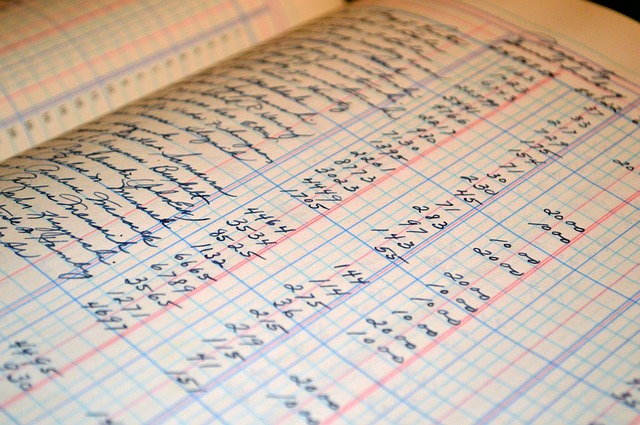Review Aging Receivables and Payables
Bookkeepers are responsible for managing accounts receivable. Under this, they do several smaller tasks aside from preparing and sending invoices. They do aging analysis, which is looking at which receivables and payables are coming up due or overdue.
To manage aging receivables, bookkeepers must maintain a payment cycle. This way, they know what’s coming in and when. When invoices are unpaid, they send out reminders to those customers. The same goes for payables. Bookkeepers are responsible for processing payments on time. They also deposit checks and get debt collection processes started when necessary.
- Payroll Processing
Apart from paying bills, bookkeepers also often take responsibility for paying employees and contractors. You must keep accurate payroll records and make timely payments. Improper payroll management can lead to big issues for your business. In addition, with proper payroll file updates, you can see how much you spend on salaries compared to how much the business earns from the work that they do.
- Expense Categorization
Again, if you use accounting software, like Bench vs QuickBooks, you might have connected functionality for expense reporting and even gathering receipts. Of course, this is only possible if payments are managed electronically. If you don’t have that set up, try to see how you can get this process automated. If not, it’s a manual job that can fall under the weekly bookkeeping tasks. The bookkeeper must add any manual payments and double-check the entries, anyway, to ensure accuracy.
- Inventory Management
Inventory bookkeeping tasks revolve around managing inventory finances and accounts. This entails recording every transaction that takes place and every investment made. Included in this process is keeping a record of each financial movement that happens in the business’s inventory. This can mean purchasing stock from a supplier, maintaining inventory records, and even managing orders.
You must have detailed records to know what your current inventory’s financial position is at all times. If you have inventory in different stages – unfinished inventory, manufacturing goods, and raw materials – a bookkeeper will track those, too. Then they calculate the value of these so you can always see where your money is tied up in the production and development stages.
In short, inventory bookkeeping tracks the value a company holds, since assets are important. This task helps you evaluate the company’s current net worth.



